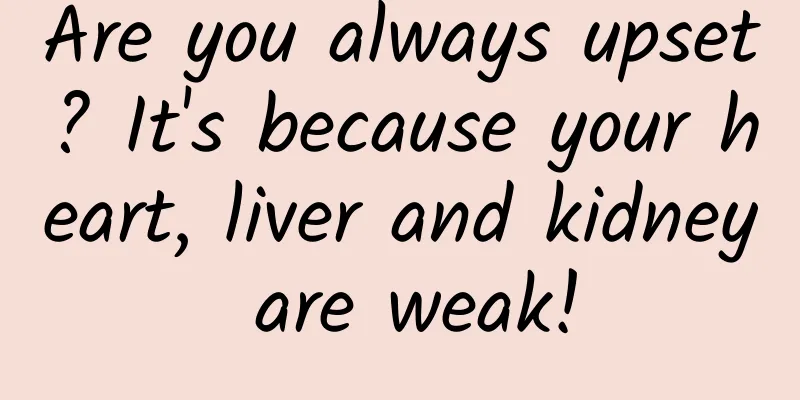Chronic renal insufficiency, there are four major dietary considerations!

|
For patients with chronic renal insufficiency, their physical condition is often high blood phosphorus and low blood calcium. If they do not receive proper treatment, it may affect bone health and even cause renal rickets. So, for patients with chronic renal insufficiency, what should they pay attention to in their diet? (1) Carbohydrates When it comes to carbohydrate intake, try to choose starchy foods that are low in protein, such as potatoes, sweet potatoes, yams, taro, lotus root powder, water chestnuts, pumpkin, vermicelli, water chestnut powder, etc. (2) Fat In order to supplement the calorie supply, fat can account for 40% to 50%, so you can eat more foods containing fat and calories, such as fatty meat. Generally, there is no limit on the intake of vegetable oils. You can eat butter, butter, and lard, but not cheese. Generally, at least 35 kcal of calories are needed per kilogram of body weight per day, of which fat accounts for 40% to 50%, carbohydrates account for 50%, and protein is given according to the degree of kidney function damage. (3) Drinking water Generally speaking, for patients with chronic renal insufficiency, if they do not have edema and their blood pressure is not high, they can drink more water to make the urine volume reach more than 2500 ml, so that the waste products produced by the body's daily metabolism can be excreted. However, if there is edema, the amount of water they drink should be reduced, and the intake should be measured according to the output. (4) Low phosphorus A low-phosphorus diet, while supplementing protein, will inevitably lead to phosphorus intake, which is very unfavorable for patients with chronic renal insufficiency. There are reports that taking an extremely low-phosphorus diet (1/4 of the normal phosphorus intake, equivalent to 300-350 mg/day) can control the increase in blood creatinine in uremic patients, and some even significantly reduce it. In order to reduce phosphorus intake, in addition to avoiding phosphorus-rich foods (such as egg yolks, animal viscera, brains, bone marrow, etc.) as much as possible, lean meat and fish can be boiled in water and then eaten without soup, or calcium carbonate tablets can be taken to react with phosphorus in the intestines. |
<<: Are you suffering from seborrheic alopecia? Eat more of these to promote hair growth!
>>: Rose wolfberry tea is easy to make and tastes better when added with honey
Recommend
What to do if men have high cholesterol
The economy has developed and our lives have beco...
What should you pay attention to when shaving for the first time?
Shaving is also a way of grooming, but there are ...
Minimally invasive male mastectomy images
Gynecomaia is a medical term that originated from...
How to fry garlic, garlic tastes better this way
Garlic is a vegetable with medicinal properties. ...
What should men do if they can't get an erection?
Modern male friends are often prone to various di...
Why are there more and more black spots on the glans?
When people reach middle age, as they age, their ...
What is the reason for yellow discharge from the male urethra?
As we all know, male reproductive organs are very...
What are the treatments for male eczema?
What we often call warts and herpes is actually a...
What to do if a boy has short legs
Maybe many people want to have long legs, which w...
How to reduce body fat and adjust your diet to reduce body fat
Body fat percentage is the proportion of fat cont...
What department does premature ejaculation belong to?
Premature ejaculation is a common disease among m...
What does it mean to dream about kissing a woman? Here are the benefits of kissing
When people sleep at night, they often have vario...
What causes itching in the male genitals?
Many men do not pay much attention to their own e...
How to arouse male sexual desire?
Some men may have higher self-control, but for so...
What should men eat to nourish the kidneys and strengthen sperm?
Generally speaking, young men and middle-aged and...









